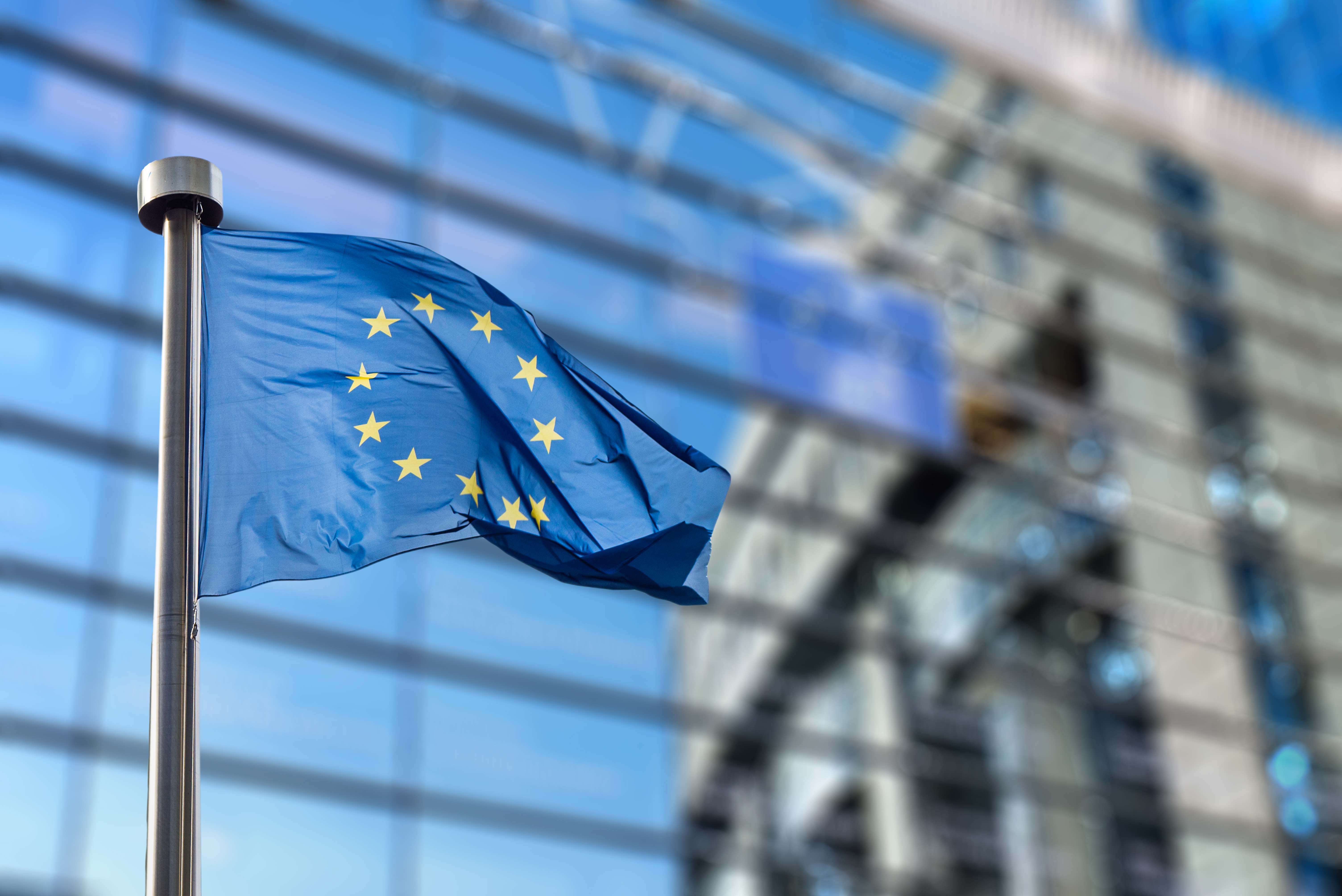Impact focus of the ESRS must be strengthened
Published date: 25 September 2025

GRI warns amended EU standards cause misalignment, which risks adding costs for companies and hindering comparable disclosure
GRI has called on EFRAG to enhance impact materiality in the European Sustainability Reporting Standards (ESRS) – to deliver the consistent and relevant corporate information needed by stakeholders on impacts, risks and opportunities.
Responding to EFRAG’s public consultation on amendments to the ESRS, GRI outlines changes to ensure high-quality reporting while delivering on the simplification agenda. It warns that the weakening of impact disclosures, as reflected in the current draft, goes against EFRAG’s mandate to achieve interoperability with globally adopted standards, such as those set by GRI, and maintain double materiality reporting.
GRI emphasizes that misalignment creates unnecessary costs for companies, leaves investors, civil society and other stakeholders without comparable information – and ultimately hinders business competitiveness. Key elements of the submission, which provide key recommendations alongside detailed feedback, include calls to:
· Align the definition of impact materiality with the GRI Standards: Eliminate ambiguity for companies and stakeholders by reflecting GRI’s widely used definition that material topics are an organization’s most significant impacts.
· Enhance interoperability with global standards: Achieving alignment with GRI’s established and multistakeholder-validated standards should be the basis for determining the mandatory impact datapoints to be retained.
· Address the reduced ESRS coverage by using GRI Standards to fill the gaps: Expand the existing reference to GRI to include Topic as well as Sector Standards as reliable sources of disclosure on impacts, to ensure quality and consistent reporting.
· Reconsider the application of a net-based approach to impact assessment: This new proposal risks undermining impact reporting, as companies can obscure potential harm simply by pointing to mitigation efforts.
The letter is co-signed by GRI CEO Robin Hodess and Carol Adams, Chair of GRI’s Global Sustainability Standards Board (GSSB).
Simplification should benefit from globally-adopted best practice. By strengthening alignment with the GRI Standards, EFRAG can meet its mandate and reduce unnecessary costs and complexity for EU companies. Under a revised ESRS, it remains important that EU sustainability reporting acknowledges global reporting norms, enhances accountability and creates decision-useful information for companies and their stakeholders.”
Robin HodessThe GRI Standards, developed through a multi-stakeholder process and informed by scientific evidence, provide the global reference point for organizations to identify and disclose their most significant impacts. Explicitly linking the ESRS to the GRI Standards will not only allow reporting organizations to address disclosure gaps but also ensure coherence and comparability across borders. This alignment is vital if the ESRS are to deliver high-quality reporting on impacts, as needed by investors, policymakers, civil society and all stakeholders.”
Carol AdamsGRI’s submission to EFRAG, sent on 24 September, includes a letter to Patrick de Cambourg (Chair – Sustainability Reporting Board) as well as detailed feedback to the ESRS consultation questionnaire.
Since 2021, GRI and EFRAG have collaborated through a Memorandum of Understanding, under which GRI provided technical support to co-construct the original ESRS, which achieved a high degree of interoperability with the GRI Standards.